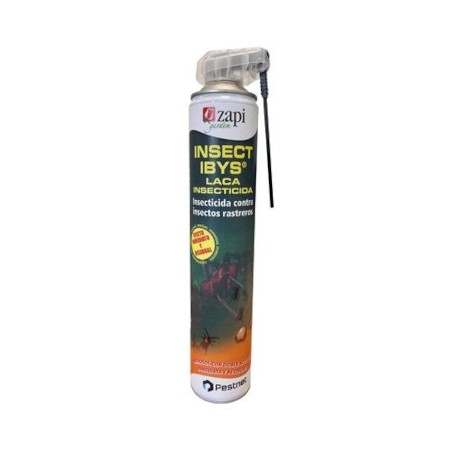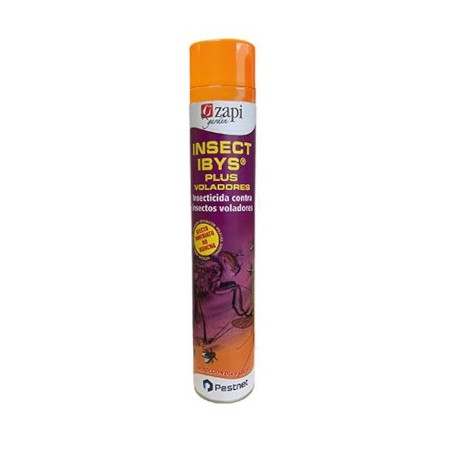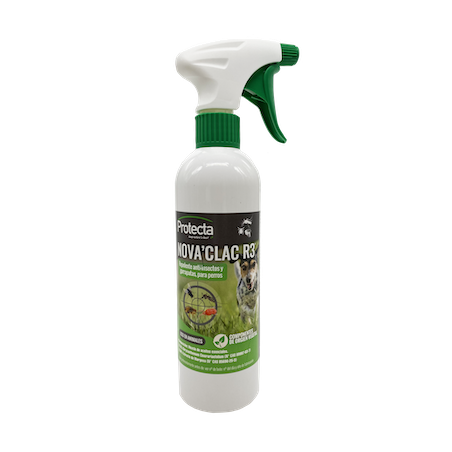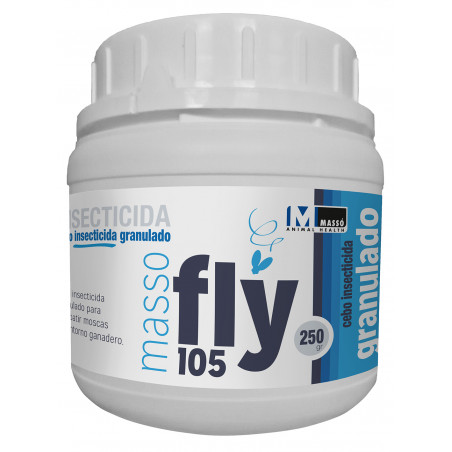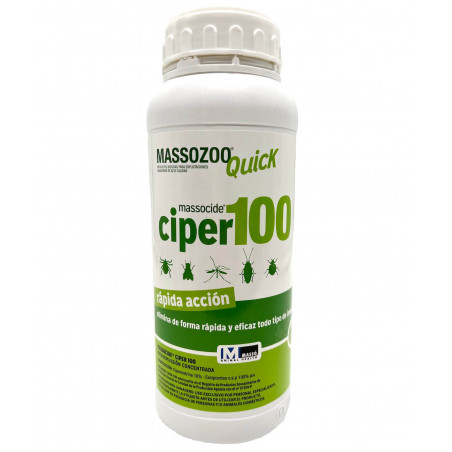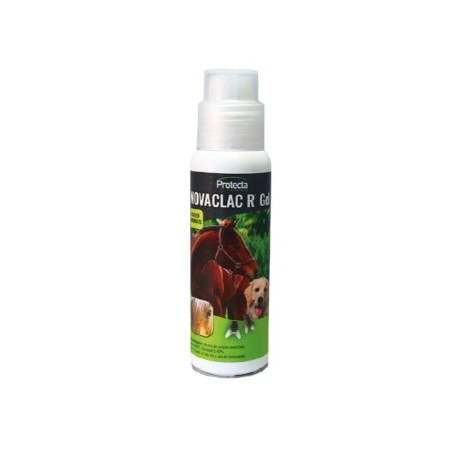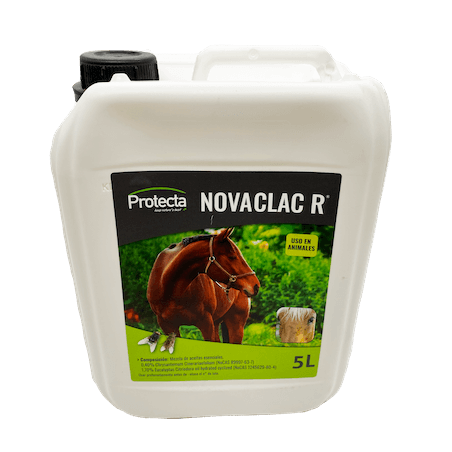EFSA and the European Centre for Disease Prevention and Control (ECDC) hold their kick-off meeting on VectorNet, a four-year project aimed at developing a common database on vectors of diseases affecting humans and/or animals. It relies on data provided by a network of institutions and research bodies across the EU.
The project will provide data on the presence, distribution and abundance of vectors and vector-borne diseases, which EFSA and ECDC will then use in their risk assessments.

Vectors are living organisms – such as mosquitoes, ticks, flies or fleas – that transmit a disease from an infected animal to a human or another animal. Many of the diseases that they transmit are considered emerging infectious diseases.
Travel, international trade, animal movement, climate change and modern agricultural practices are among the factors that enable the introduction of vectors and the diseases they carry from tropical areas to more temperate zones, such as Europe.
Tuesday June 10, 2014/ EFSA/ European Union.
http://www.efsa.europa.eu




